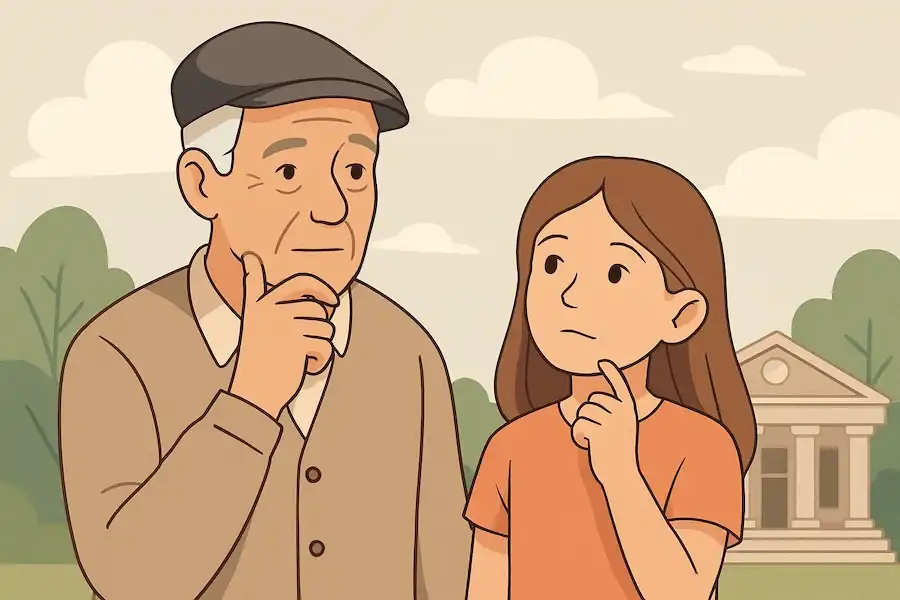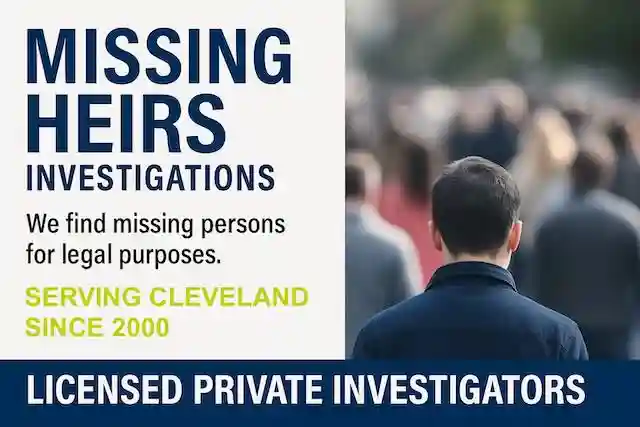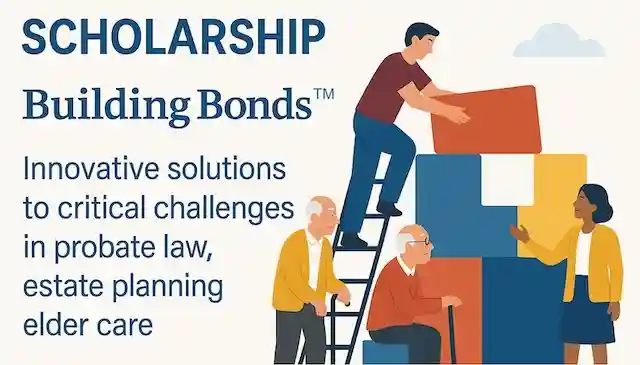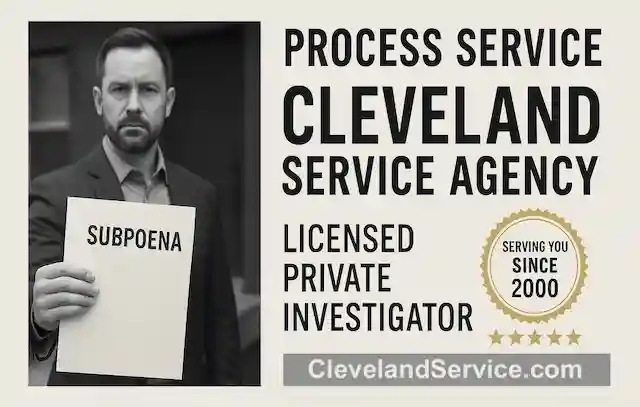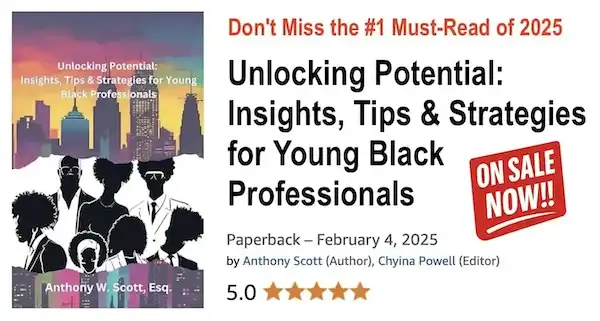When a person can no longer make decisions for themselves due to age, illness, or disability, the court may appoint someone to act on their behalf. This legal arrangement is known as guardianship. Whether it involves an aging parent, a child with special needs, or a minor whose parents are no longer able to care for them, guardianship plays a critical role in protecting vulnerable individuals.
In Ohio, guardianship is handled through the Probate Court system. It is a formal process that requires petitioning the court, attending a hearing, and complying with ongoing legal responsibilities.
Types of Guardianship in Ohio
Ohio law recognizes several types of guardianship, depending on the circumstances and needs of the individual involved.
1. Guardianship of a Minor This occurs when a child under 18 needs a responsible adult to manage their care, education, and medical decisions. Common reasons include the death or incapacity of parents, abandonment, or a parent's inability to provide proper care.
2. Guardianship of an Adult Adults who are incapacitated due to mental illness, intellectual disability, dementia, or other conditions may need a guardian to assist with personal or financial decisions. This is often initiated by concerned family members or social workers.
3. Guardianship of the Person This type allows the guardian to make decisions about the individual's day-to-day life, including medical care, housing, and general welfare.
4. Guardianship of the Estate When someone is unable to manage their finances, the court may appoint a guardian of the estate to oversee assets, pay bills, and handle financial matters.
5. Full or Limited Guardianship Depending on the situation, the court may grant full control or limit the guardian's authority to specific areas, such as healthcare or finances only.
The Process for Appointing a Guardian
Establishing guardianship in Ohio involves several steps:
Filing a formal application with the Probate Court
Notifying the person in question (the proposed ward) and their family
Attending a court hearing
Providing medical or psychological evaluations
Undergoing a background check and completing guardian education if required
If the court approves the request, it will issue Letters of Guardianship authorizing the individual to act on the ward’s behalf. Guardians are subject to ongoing oversight, including annual reports and possible court reviews.
Do You Need a Guardianship Attorney?
While it is possible to file for guardianship without legal representation, it is not always advisable. A probate attorney can help ensure that the paperwork is completed correctly, deadlines are met, and the guardian is fully informed of their legal obligations.
Mistakes in the process can delay the case or lead to unnecessary complications. An attorney can also help in contested cases, where family members disagree about who should serve as guardian or whether guardianship is even necessary.
Final Thoughts
Guardianship is a powerful legal tool designed to protect individuals who cannot care for themselves. It also places a significant responsibility on the guardian. If you are considering guardianship for a loved one, consulting with an experienced probate attorney is one of the best first steps you can take.
If the court requires a guardianship bond, many people use ProbateCourtBond.com as a quick and reliable way to apply online. The process is simple and offers fast turnaround for most applicants.
To learn more about your options or schedule a consultation, contact our office today. We’re here to help guide you through every step.
